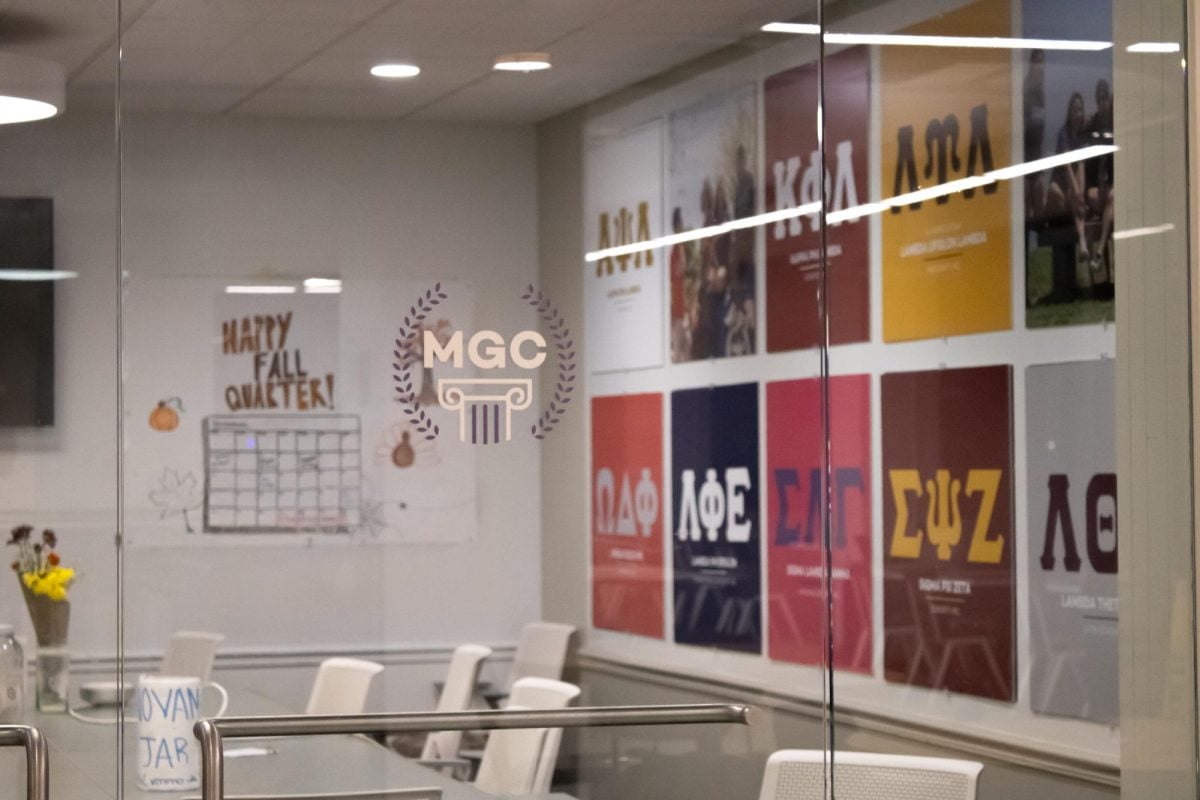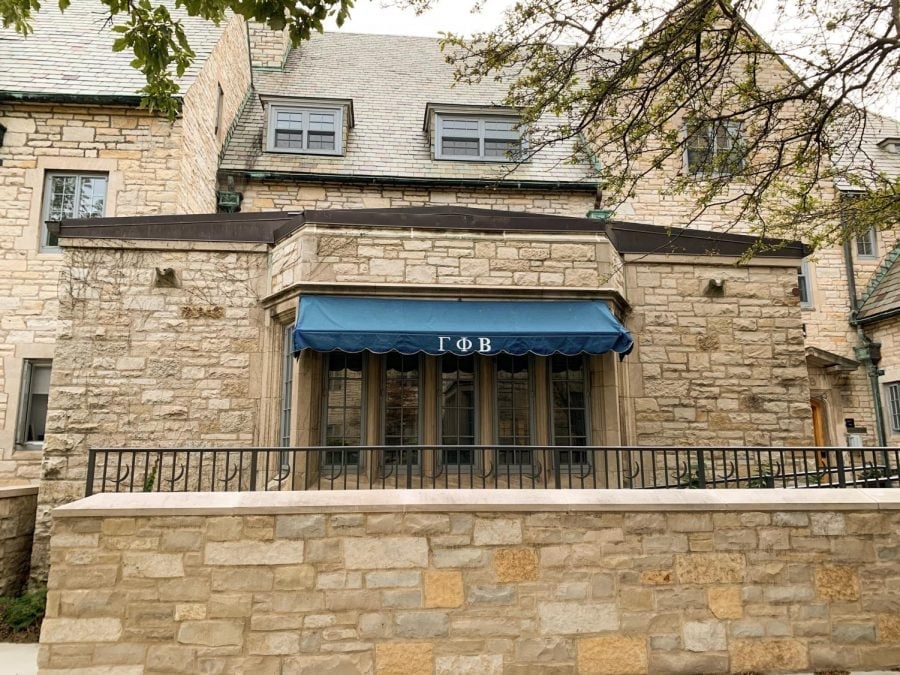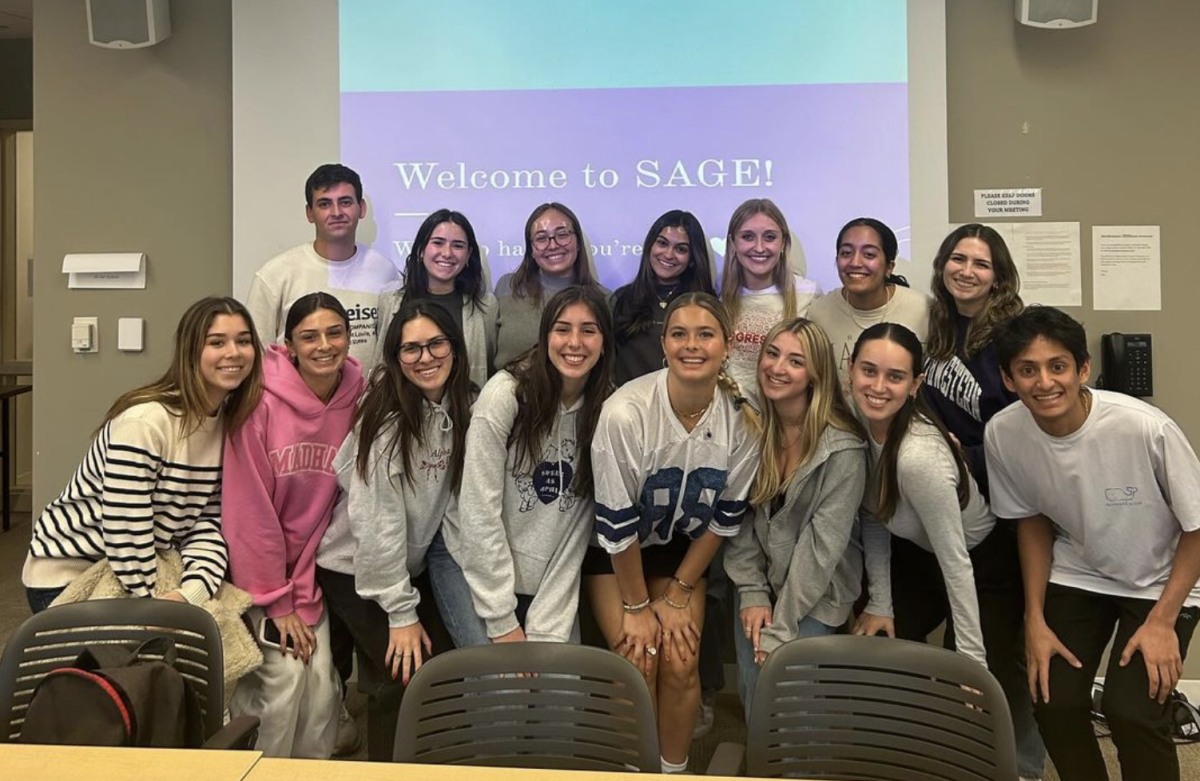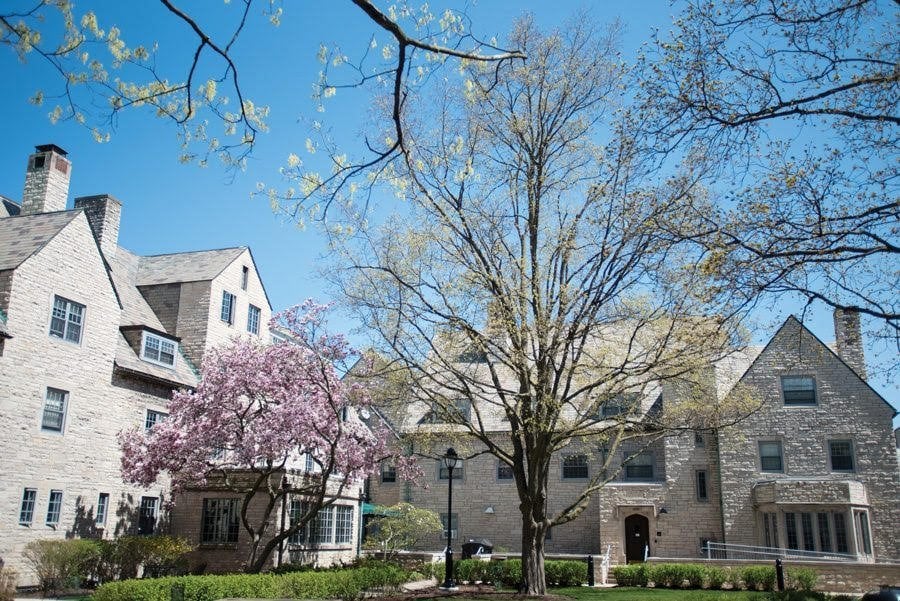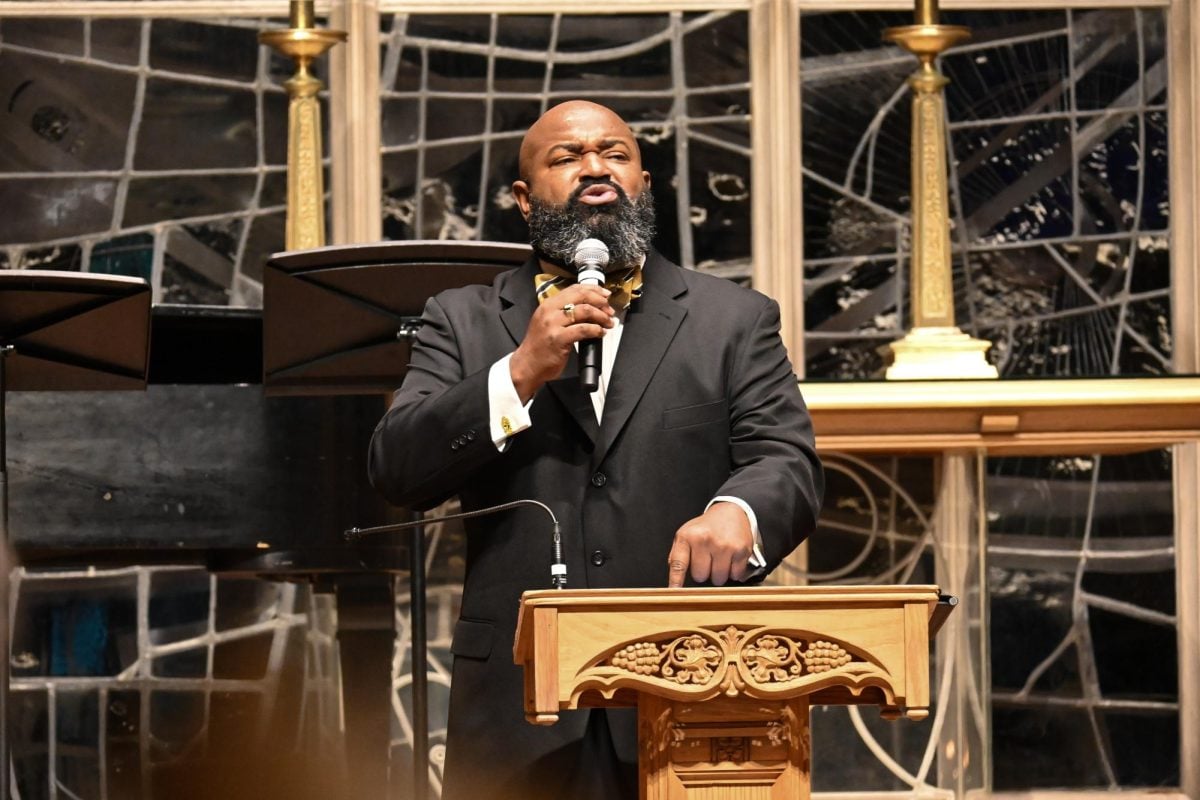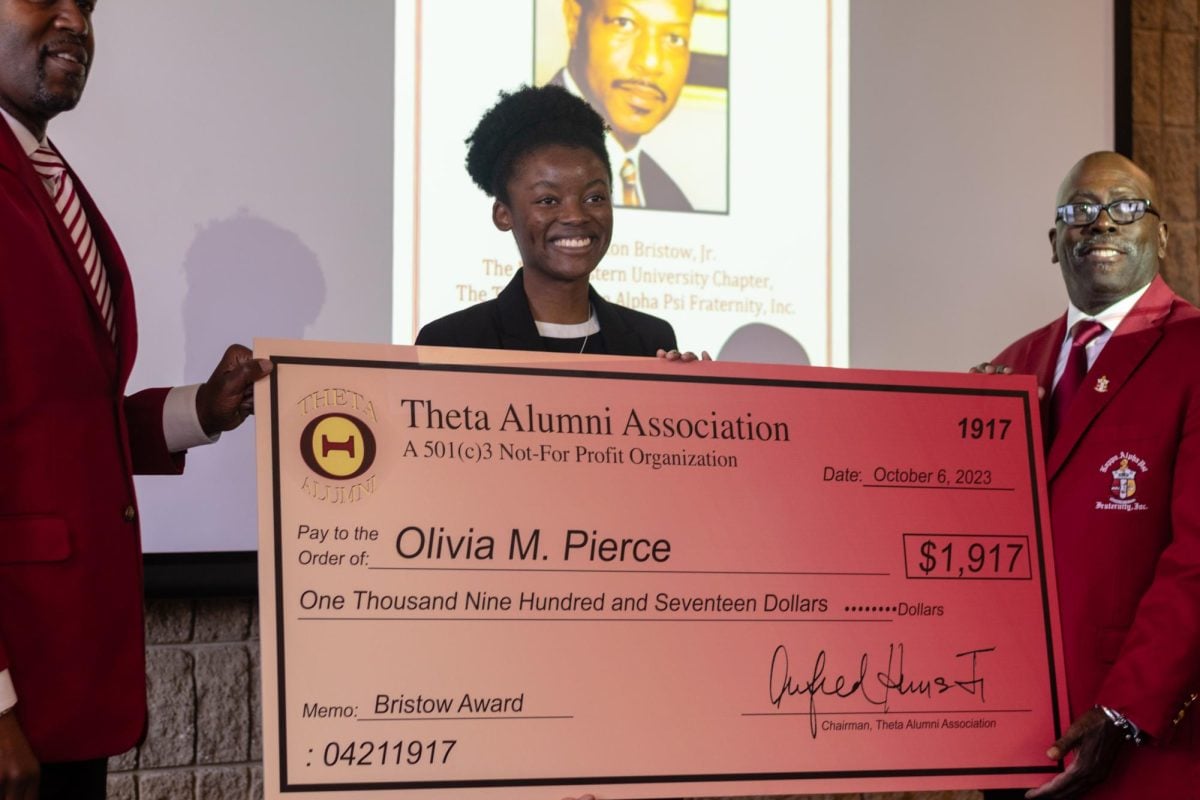The student group STAND will teach a student-run seminar for Spring Quarter called “Advocating Against Genocide.”
Weinberg junior Chelsea Glenn, who runs the anti-genocide club’s education committee, organized a once-a-week, pass-fail course that will examine the impact of anti-genocide campaigns in the past. Applications are still open for the course.
Glenn said she seeks to challenge students’ preconceptions about genocide to build critical thinking skills that can transfer to students involved in social justice organizations on campus and any future careers they might have.
“The class brings up a lot of questions that I certainly don’t have an answer to,” Glenn said. “A lot of advocacy campaigns – both student groups and professional organizations – don’t step back and question the methodology they use.”
Glenn said she applied to create the seminar through the Weinberg College of Arts and Sciences using an online application, finding a faculty adviser and designing the syllabus herself.
Students will examine case studies such as Rwanda and Darfur and as a final project create their own advocacy campaigns for a particular organization. During the 10 weeks, Glenn said students will primarily engage in discussions with special activities, including guest speakers and a field trip to the Illinois Holocaust Museum & Education Center.
“We’ll explore issues of marketing: how do you preserve human dignity while demonstrating these atrocities around the globe?” she said. “If you’re putting a picture of a flag-covered dead child on your brochure, what are the implications? Nobody wants to see the starving child, but at the same time, are you simplifying the human suffering into a mass-marketable image?”
Weinberg junior Molly Barstow applied and was accepted to the seminar. She said she is interested in examining genocide from a psychological perspective.
“Genocide is something that’s not talked about all that much in normal classes,” Barstow said. “It can be a taboo subject. Sometimes the political arena ignores it or doesn’t want to acknowledge its existence.”
She said she looks forward to the smaller, discussion-based seminar, rather than discussing the issue in a lecture.
“I don’t feel I’m properly educated about issues of genocide,” Barstow said. “There are obviously benefits to having a professor who’s an expert in the subject, but I also think there’s validity in having students who are coming from a different perspective teach and facilitate a class.”
Last year Glenn taught a Northwestern Conference on Human Rights seminar, which Barstow took. Glenn said she draws on different subject areas, such as previous economics and international development courses, to make the curriculum. STAND also ran a seminar in the School of Education and Social Policy two years ago.
History Prof. Jeff Rice said genocide is one of the major issues of the late 20th and early 21st centuries.
“Northwestern undergraduates have a deep commitment to global social justice,” he said. “It is highly impressive the commitment Northwestern students are willing to make, both to learn about the causes and unfolding of these activities as well as becoming involved to try to stop them from occurring.”
SESP freshman Jason Smith, who is part of the education committee, said he looks forward to hearing contrasting opinions in the seminar.
“Genocide is a serious issue, and the best way to change it is to educate students about it,” he said.
